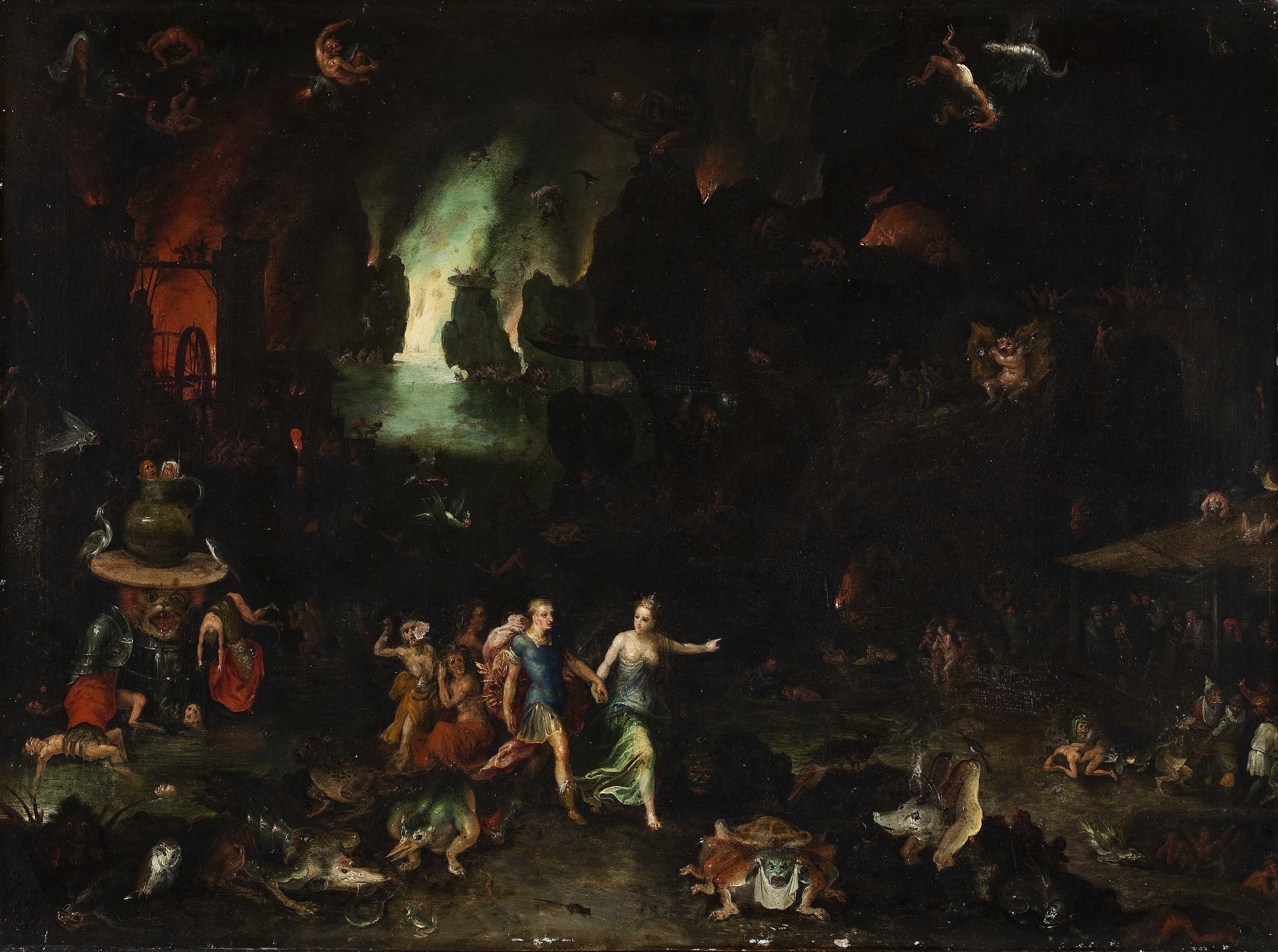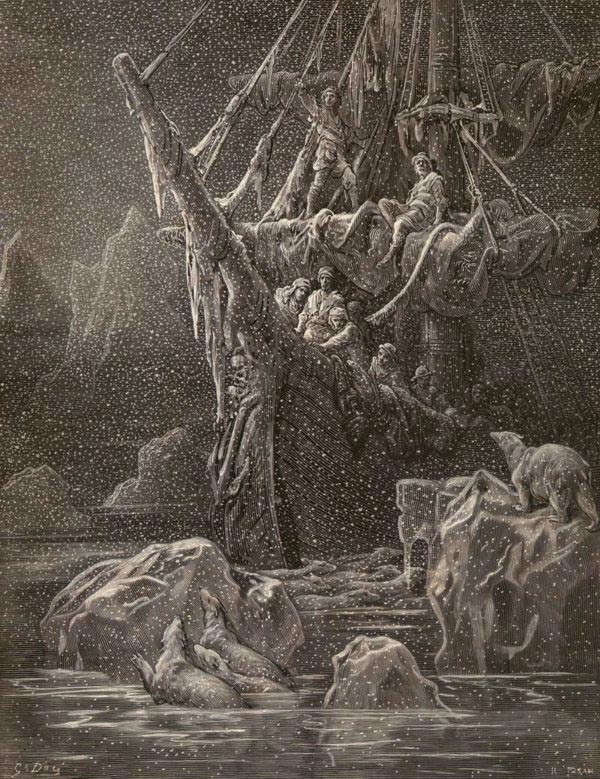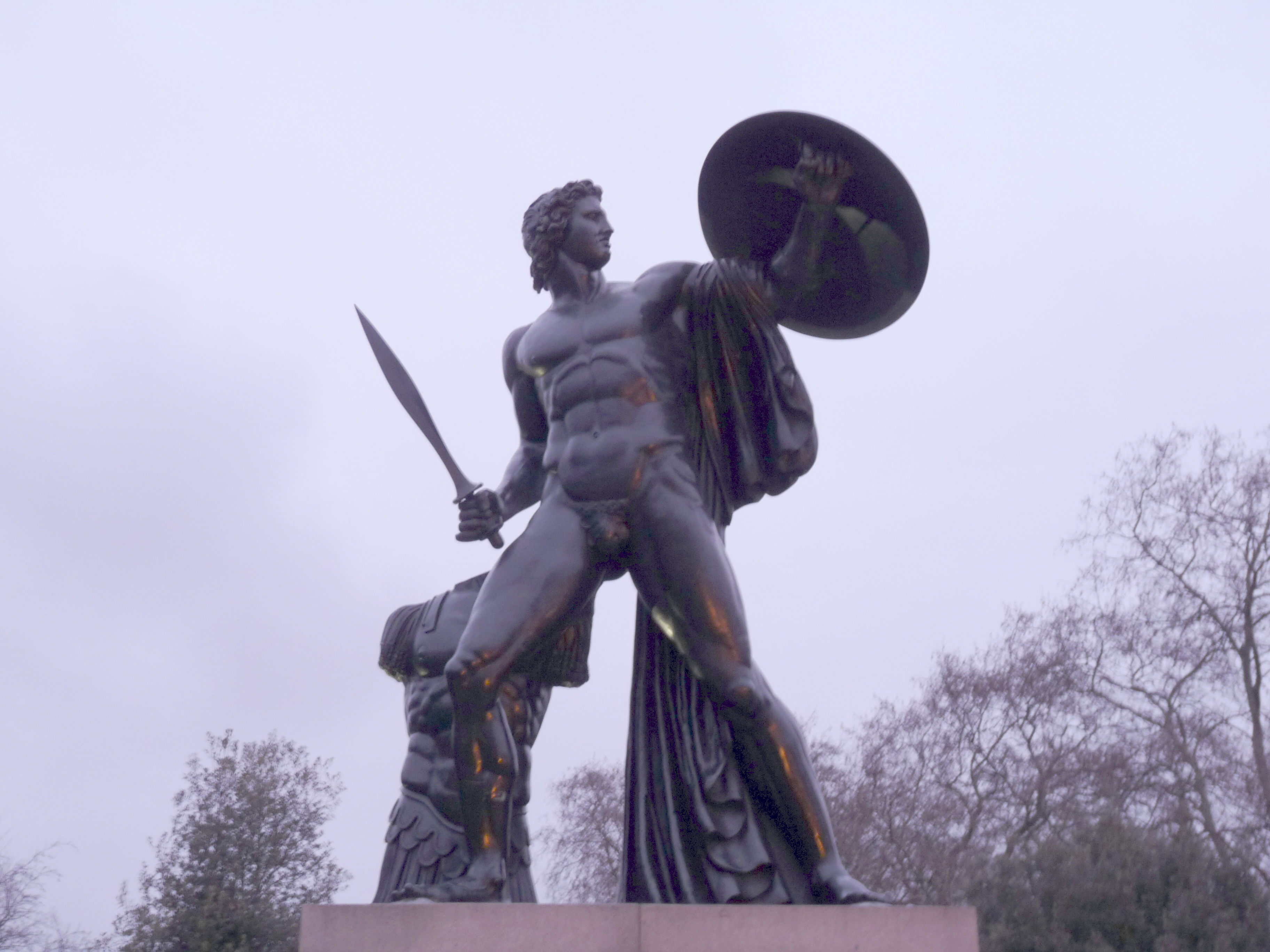Does my PhD make me a better school teacher?
A post on the relationship between PhD research and school teaching
Since 2011, NWO, the Netherlands Organisation for Scientific Research, has awarded 274 doctoral grants for teachers. I am among the lucky ones who can spend up to half their normal teaching workload on doing research for four or five years. Marvellous as this may sound, one may wonder what the point is of getting a PhD as a school teacher, since I do not need the degree for my position, my life is now so extremely busy, and my pupils wonder how writing a book could possibly make me a better teacher.

Fig.1. Boy in black hoodie sitting on a chair, 2020, Unsplash License.
Firstly, according to NWO doing a PhD should have the following effect on teaching teenagers: "The aim is to directly apply the knowledge and research experience acquired for the benefit of educational practice.” Similar goals can be found in a recent position paper of the KNAW, the Royal Netherlands Academy of Arts and Sciences, which draws attention to the declining numbers of academics among secondary school teachers in the Netherlands. The KNAW argues that academic knowledge and skills are vital for preparing pupils for a university education and that teachers should be aware of developments in their subjects and capable of adapting their teaching practices accordingly. The KNAW is furthermore in favour of expanding the present research facilities for teachers. Last August, the Dutch newspaper Trouw illustrated this with an impressive example: five pupils winning awards for their so-called profielwerkstukken or school research papers had all been supervised by one and the same teacher who had a doctorate.
Although I am not convinced that my pupils are necessarily going to win awards because of my growing experience in academia, working on my thesis has to some extent improved my teaching. As a teacher of Classics and English doing a PhD on the reception of the classical motif of katabasis, or the descent into the underworld, in English literature of the nineteen-eighties, I will share some of my experiences.

Fig.2. Aeneas and the Cumaean sibyl in the underworld by Jan Brueghel the Elder 1630s. Wikimedia, public domain.
First a preliminary remark. I teach teenagers in the last two years before entering university as well as younger children and pupils who will not go into academia at all. NWO and KNAW only have the first group in mind, while I believe that a mixed staff with backgrounds in and outside of academia can be beneficial to all teenagers.
The most conspicuous effect of doing a PhD so far is a heightened awareness of the difficulties of learning. Staring at the dauntingly empty first page of a new chapter has made me more aware of the fact that learning requires stepping out of your comfort zone and that that requires courage. One of my colleagues once told me that many pupils prefer being lazy to risking to appear stupid. Since for me, grammar has never felt threatening, I easily forget how intimidating it can be for a child that prefers physics, computers or sports to language. This awareness has also changed my approach to supervising profielwerkstukken or school research projects, because I have come to realize that what appears to be a simple essay to me, may feel like a PhD to them. Although this is not an explicit goal of the NWO or the KNAW, I think deepening one’s empathy is a prerogative for affective and effective teaching.
Secondly, doing a PhD has widened the horizon of my field. While teenagers need certainty and truth and therefore set rules of thumb, I have become more aware that academia deals with the absence or difficulty of truth. I used to feel uneasy when a smart pupil pointed out a breach of a rule of thumb in a particular text. It has now become easier for me to provide this one pupil with a wider perspective, while giving others the safety of that rule. As the KNAW suggests, I have indeed become better at seeing the bigger picture in my field and in the class room.

Fig.3. The Flying Dutchman prop from the Disney films Pirates of the Caribbean ‘Dead man's chest’ and ‘At world's end’. Wikimedia, public domain.

Fig.4. It Was Wondrous Cold. Engraving by Gustave Doré from Samuel Taylor Coleridge's The Rime of the Ancient Mariner (1876). Wikimedia, public domain.
Another reason why my teaching benefits from doing a PhD is the fact that my own learning process stimulates a learning process in my pupils. I have often noticed that children are incredibly good at sensing my state of mind. Although they might not want to admit it, watching me enjoying poetry, looking up words, and wondering along with their questions, my pupils may pick up a love of literature as well as some skills essential for their own learning processes and future education. For middle-aged teachers like me, routine and boredom are at risk, which likewise hinder the development of pupils’ inquisitiveness. This important aspect of teaching is not mentioned by NWO and KNAW at all.
Star Wars drawing (source)
There are of course also the subject related benefits mentioned in the KNAW position paper. In my project on the reception of a classical motif in twentieth century English literature I have become more aware of the importance of teaching Classics at school as well as showing pupils during English lessons how authors receive and adapt their predecessors’ works. Not only are children astonished to hear that the popular films of Pirates of the Caribbean were inspired by Coleridge’s The Rhyme of the Ancient Mariner from the early eighteen-hundreds, the fact that Star Wars owes much to the Iliad and Odyssey, Europe’s eldest epics, often comes as a complete surprise. Especially in today’s polarized times this notion of connectedness is vital to the classroom.

Fig.5. Statue of Achilles by Sir Richard Westmacott. Hyde Park, 1822. Photograph by Claire Ward. Wikimedia, Creative Commons.
NWO and KNAW do not mention the fact that teaching is also an excellent pre-condition for writing a thesis. Over the years, I have had to learn how to bring down complicated theory to a few simple rules of thumb. Any hesitation about, for example, the use of an article would cause havoc in a classroom full of twelve-year-olds. As a result, I have learned to aim for clarity, a quality valued in academia as well. The same applies to time management, for which children have proven to be equally excellent teachers. Furthermore, it is much easier to do research while knowing that I have a permanent position somewhere else, even though I might like to stay in academia after my PhD. As a result I believe I experience less stress and more freedom than many full time PhDs, although combining more than one job at a time.
All in all, while I have learned much concerning pedagogy and didactics from my non-academic colleagues, who have often had better training in this respect, I agree with NWO and KNAW that doing a PhD is a wonderful opportunity to broaden my own academic horizon and that of my pupils. However, where NWO and KNAW focus on cognitive effects, I believe that the benefits on the affective quality of teaching is at least equally important.
© Amaranth Feuth and Leiden Arts in Society Blog, 2017. Unauthorised use and/or duplication of this material without express and written permission from this site’s author and/or owner is strictly prohibited. Excerpts and links may be used, provided that full and clear credit is given to Amaranth Feuth and Leiden Arts in Society Blog with appropriate and specific direction to the original content.



1 Comment
Amaranth,
What a clear and delightful piece about how your PhD research has benefited your practice as a teacher. I cannot agree with you more on the point of empathy - having so recently myself struggled through two Master studies in order to become a teacher, and presently swimming in the rocky seas of the first years of teaching. The experience of being in the 'non comfort' zone of learning can be so horribly daunting.
Your other points about teaching providing you with the tool of clarity (of which this piece is an excellent example) and good time management are worthwhile ones for NWO and KNAW. I enjoyed learning more about your subject, and am most certain that it awakens the imagination of your pupils.